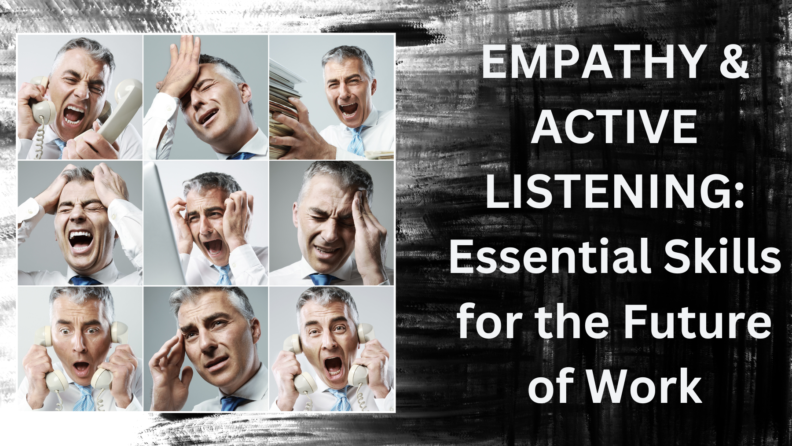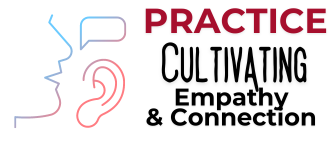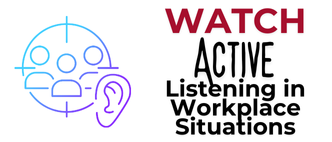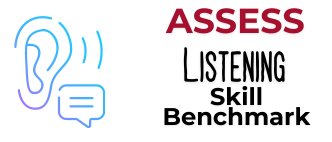Empathy and Active Listening- Essential Skills for the Future of Work

The World Economic Forum’s Future of Jobs Report has identified 10 key skills that will be vital for career success by 2030. Among these are empathy and active listening—two interpersonal skills that are becoming increasingly valuable in today’s workplace. To help you develop these critical skills, we will be sharing relevant learning resources regularly to support your growth.
Listen to Learn: Why Empathy and Active Listening Matter
mpathy and active listening foster deeper understanding and more effective communication, allowing you to connect with others on a personal level. These skills enable you to better comprehend different perspectives, respond thoughtfully, and build stronger relationships. In professional settings, mastering empathy and listening can improve collaboration, strengthen teamwork, and enhance leadership.
As businesses and organizations become more complex and diverse, the ability to truly listen and empathize will set you apart. These skills help create environments where ideas flow freely, misunderstandings are minimized, and teams work together more harmoniously. They are also key to developing emotional intelligence, which is vital for navigating the challenges of a rapidly changing workplace.
How Empathy and Active Listening Contribute to Success
- Building Trust: Active listening shows respect for others’ thoughts and feelings, which builds trust and rapport. In a team setting, this trust enhances collaboration and encourages open communication.
- Improving Problem Solving: By truly listening and empathizing with others’ perspectives, you gain deeper insights that help in generating innovative solutions to problems.
- Enhancing Leadership: Empathy allows leaders to understand the emotions and needs of their teams, leading to better decision-making and more supportive leadership.
- Increasing Productivity: Teams that listen to one another and feel heard tend to be more engaged, resulting in higher productivity and satisfaction in the workplace.
Reflect and Grow: Questions to Improve Your Listening and Empathy Skills
To help you think more critically about how you apply these skills, here are some reflection questions:
- How well do you respond to others’ feelings and needs?
- Do you take the time to recognize emotions and respond with understanding, or do you focus solely on solutions?
- Do you seek constructive feedback from those you interact with regularly?
- How often do you ask others how well you listen, and what improvements can be made?
- How often does your mind drift during conversations?
- Are you fully present, or do distractions and multitasking affect your ability to truly listen?
- Do you know someone you’d classify as a “good listener”?
- What do they do that makes you feel heard and valued? Think about how you can adopt some of these behaviors.
Empathy and Active Listening: A Competitive Edge for 2030 and Beyond
As we move toward 2030, the ability to understand, connect with, and respond to others is becoming a key differentiator in the workplace. In an era of automation and rapid technological advancement, empathy and active listening remain distinctly human skills that cannot be replicated by machines. Whether you’re collaborating with colleagues, managing teams, or engaging with clients, these skills are critical for creating a positive, productive, and innovative work environment.
Start today by reflecting on how well you listen and empathize with others in your daily interactions. Developing these skills now will not only improve your relationships but also position you for success in the future of work.
Content Credit: Carey Musburger, Learning and Organizational Development Assistant


